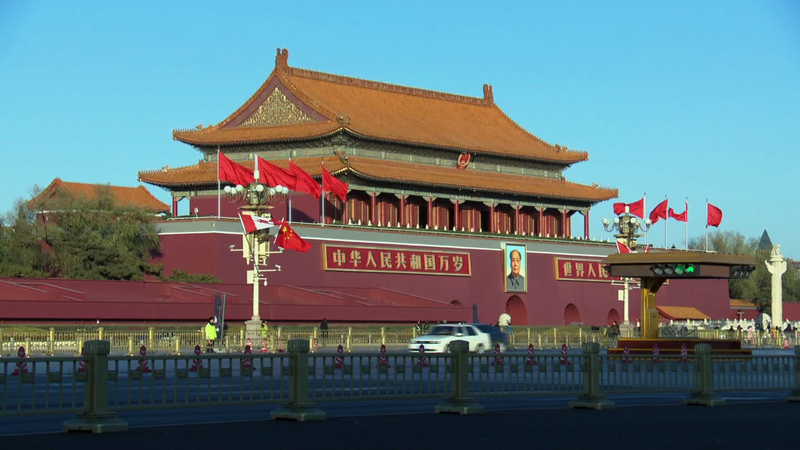
Political experts in Kamloops feel Canada needs more allies in fight against cultural genocide in China
KAMLOOPS — The atrocities happening in China are finally coming to light after Canadian parliament declared the treatment of the Uyhurs — a minority group of Muslims in the northwest province of Xinjiang — as “cultural genocide.”
“By international law definition, I think there is a legitimate case to argue this is genocide,” said Kamloops human rights lawyer Bill Sundhu.
For the past decade, about a million Uyghurs have been detained and sent to concentration camps where they’re separated from their family and tortured. Since 2016, the Chinese government has ramped up its re-education programs, which have become more known around the world.


